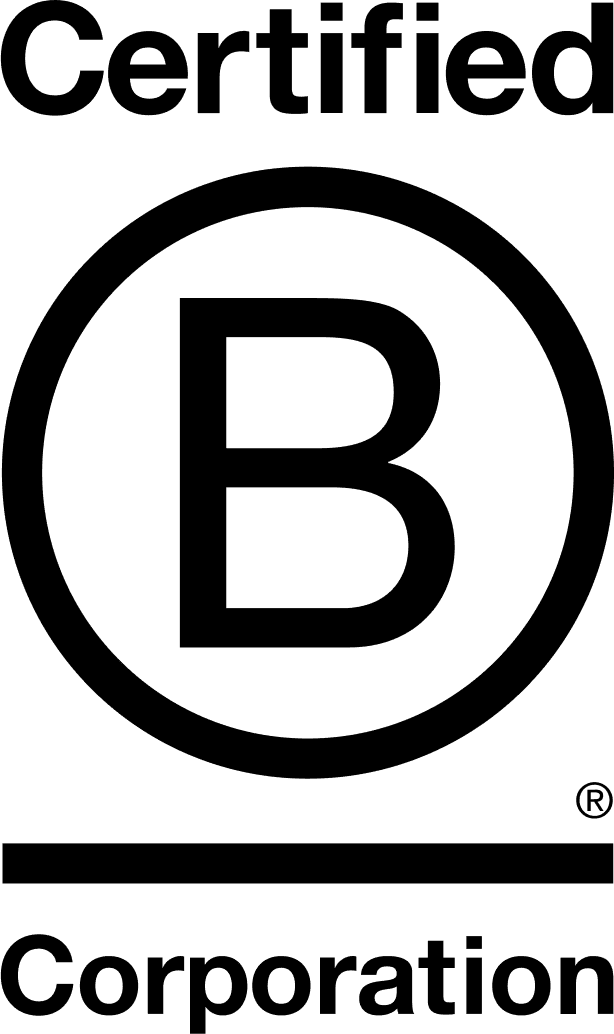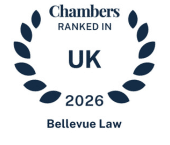In this second episode of our new podcast, The Bellevue Brief, Anjali Malik , Florence Brocklesby, and Jo Martin unpack the realities of workplace culture in professional services industries — including ethical tensions, systemic flaws, and what responsible leadership looks like in 2025. Our speakers also explore some positive changes on the horizon, offering plenty of practical tips for employers and individuals to take away.
You can watch and/or listen to their episode here: Bellevue Law | Instagram | Linktree
Defining Culture
Many businesses may wax lyrical about their ‘culture’, but what do we mean when we talk about this? After all, there’s no legal definition to apply. As Florence explains: “Culture transcends policy and training … It’s the sum of what leaders expect in terms of behaviour and what they tolerate.”
While formal structures matter, our speakers discuss the equal importance of informal norms and behaviours in impacting how people feel when they are at work. Misalignment between formal and informal parts of workplace culture can affect morale, leading to potential legal risk and loss of talent. According to Florence in the podcast, such disconnects can be thrown into sharp relief when employees raise concerns of (for example) stress, discrimination, or harassment — which can often reveal the true nature of a workplace and the people in it.
Isolated Incident or Systemic Problem?
Various recent reports, including Sexism in the City and Baroness Harriet Harman’s Review into Bullying and Harassment at the Bar (the “Harman Review”), remind us that issues like bullying, harassment, and discrimination are all too often systemic. The podcast explores why such cultural problems persist. Jo explains that “power imbalances” can be “key” pieces of the puzzle, with other factors like fear of retaliation, career politics and a sense of powerlessness all playing a part. Victims and bystanders alike may stay silent to avoid professional consequences, especially where leadership doesn’t model ethical behaviours, leading to cultures where misconduct is (and/or is perceived to be) tolerated.
Protecting ‘High Performers’
Another cultural concept discussed is the age-old tale of “rainmaker immunity”. Individuals considered to be high-performing may be protected from scrutiny over poor behaviour, and/or assumed to be untouchable, given their perceived value to an organisation (with that value usually measured in financial terms). Florence challenges this assumption, however, arguing that:
“There can be a human cost… and a financial or commercial cost that needs to go onto the balance sheet of that person.”
So-called ‘rainmakers’ may well generate revenue and returns for businesses. But whatever money they bring in, failing to reprimand (and even celebrating) high performers who don’t act appropriately can damage trust, morale, and retention for the rest of the workforce.
The Burden of Ethical Leadership
Our speakers argue for a rethink of how organisations measure value. As Jo and Florence discuss, a more balanced scorecard might also assess ethical leadership and cultural contributions – and, in the legal industry in particular, a drive to look beyond the billable hour. Without such reassessments, organisations may find that good people get fed up and leave.
The podcast explores the impact of rainmaker immunity and other cultural problems on staff retention, with individuals who take on responsibilities relating to diversity, equity and inclusion (DEI) matters regularly facing burnout and mental health challenges. This feels particularly pressing in 2025, as many organisations grapple with the challenges of how to manage their approach to DEI, given the trend in some parts of the world (the US in particular) to move away from a DEI focus. As Jo explains, these people have often “worked really hard… supported the diversity and inclusion policies… but they’re bumping up against unfairness at the highest level.”
Florence describes how, while some workers may try to stay and fight cultural issues, others choose to “vote with their feet,” leading to talent drain and stagnation. This isn’t just a loss of personnel: it’s a strategic failure for firms. When potential ethical leaders walk away, organisations lose experience, credibility, and the opportunity to evolve.
DEI Work – A Hidden Cost?
Another overlooked issue is the burden of non-billable DEI work itself, which, Jo notes anecdotally, is still commonly performed by women and minority professionals. She offers a challenge to leadership teams across the professional services sector:
“Call a Teams meeting of everyone who leads one of those [DEI] networks… take a screenshot. You might find most of the faces are female.”
This imbalance can contribute to the gender and ethnicity pay gaps, and even reinforce a double bind, with those most affected by unfairness often expected to do the work to fix it. This can impact morale, reputation and staff retention, as already discussed, unless management intervention can identify and improve cultural issues.
People also need to be adequately rewarded for doing such work. These roles can be key to creating inclusive and durable cultures, yet they’re rarely recognised or rewarded in the same way as billable tasks. Many larger law firms (for example) exclude time spent on DEI matters from lawyers’ chargeable hours targets, which are often used to calculate bonus eligibility – potentially disincentivising staff from exploring DEI opportunities, because of perceived financial penalties.
Legal Changes Ahead
It’s not all doom and gloom, however! Recent legal and regulatory changes are beginning to narrow the window of tolerance for misconduct. The Worker Protection Act and the upcoming Employment Rights Bill introduce stronger obligations for employers to prevent harassment and limit the use of confidentiality obligations, otherwise known as non-disclosure agreements or ‘NDAs’, in discrimination cases.
Florence offers a word of warning :
“It won’t be possible anymore to have a strategy mopping up after somebody… you’ve got the obligation to prevent harassment and limited ability to silence people.”
These changes signal a shift from reactive to proactive accountability. Firms are now expected to assess risks, investigate misconduct independently, and foster cultures where prevention is prioritised, rather than opting for damage control.
Navigating Ethical Conflict: What Can You Do?
For professionals feeling ethically conflicted, the podcast offers practical advice:
- Explore anonymous whistleblowing channels or ethics hotlines.
- Seek legal and/or regulatory advice to understand your rights and protections.
- Consider raising a formal grievance, where appropriate, especially in cases of discrimination.
- If necessary, plan a strategic exit that aligns with your values and wellbeing.
Each situation is unique, of course, and everyone’s priorities and concerns will differ. That means there’s no ‘one size fits all’ approach. As Florence reminds us, decisions should be made by weighing legal rights, financial realities, health, and personal principles.
Ethical Business = Sustainable Business?
While hard data on ethical business performance remains limited, Florence shares her views that purpose-driven businesses (e.g. certified B Corps, such as Bellevue Law ) tend to be more stable, attract better talent, and foster positive cultures. ESG-focused companies may sacrifice short-term profits but gain long-term sustainability and stability.
So, to paraphrase our speakers, ethical leadership isn’t just morally right. It may be the smart choice in commercial terms also.
Choose Wisely, Lead Boldly
For those entering a profession or organisation for the first time, Jo offers some clear advice: look closely at who holds power. If leadership lacks diversity, or transparency, then that may be a red flag. Cultural change starts with courageous conversations, and thrives with resilient champions, but it also requires structural support.










